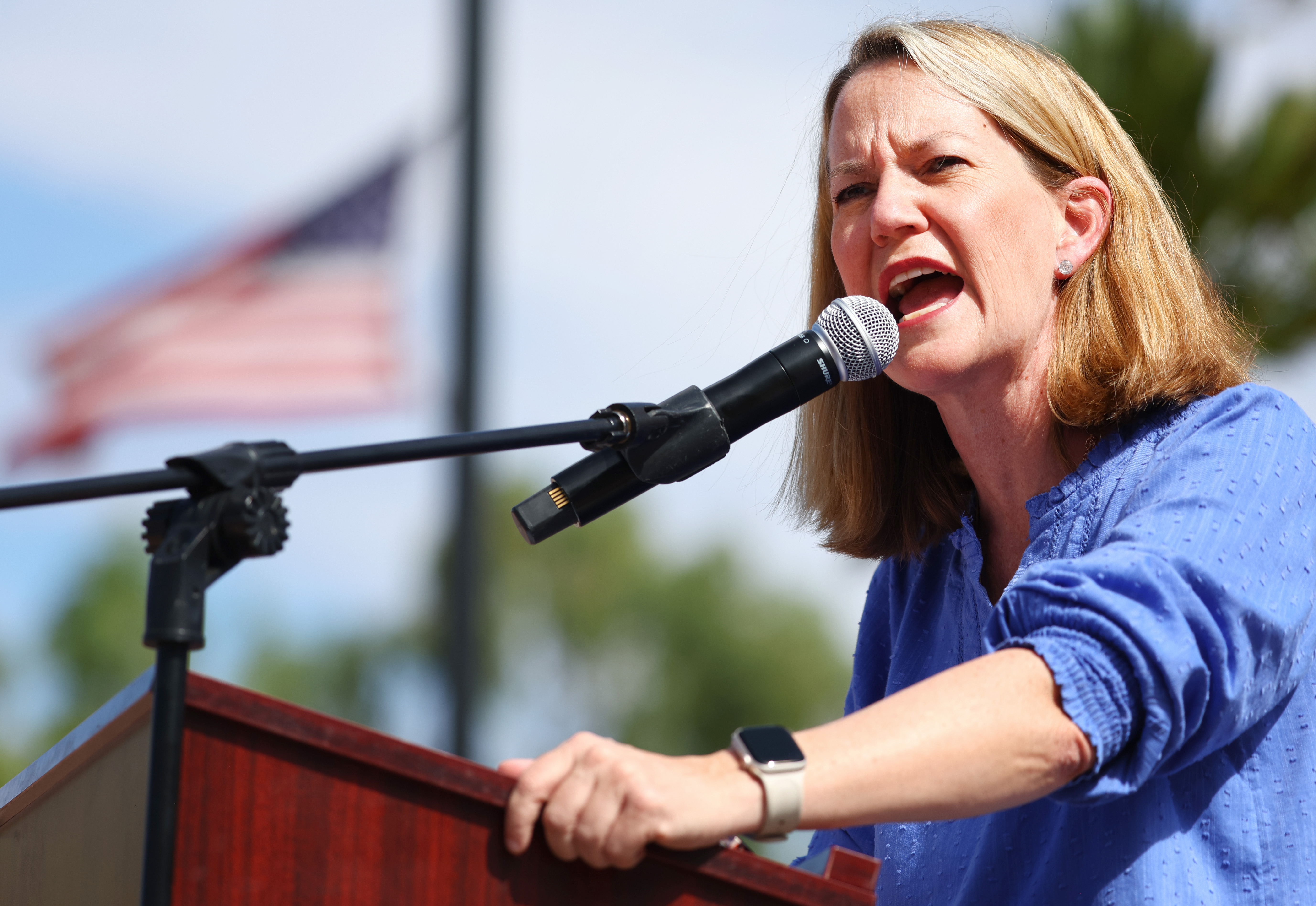At the end of the Passover seder are the words said by all participants: "Next year in Jerusalem."
For millions of Jews in New York and throughout America, these words, spoken at family gatherings for many centuries, have special poignancy -- and irony -- this year.
President Barack Obama has made Jerusalem the focus of a very tough stance against Israel’s government.
The President gave Israeli Prime Minister Benjamin Netanyahu a bad time when he visited the White House recently. Obama met with Netanyahu privately. They made no public appearance afterwards. And the President dined without him -- giving the back of his hand, diplomatically, to the leader of a supposedly strong ally.
For many Israelis -- and many American Jews -- this was an insult. And apparently that was intended.
The White House, understandably, has a larger agenda in the Middle East and in the world. Obama is trying to court Arab countries, hoping to gain their support for American aims and initiatives.
But should it be at Israel’s expense?
Politics
It all started when Vice President Biden visited Israel recently to pledge America’s support for Israel’s security. The Israeli Interior Ministry blind-sided Biden by announcing that the Israelis intended to build 1600 units of housing in a Jewish section of Jerusalem.
Netanyahu immediately apologized to Biden for the timing of this announcement, although he didn’t promise to halt the building. The Vice President seemed satisfied with the Israeli apology.
But Obama and his top advisers were not. Secretary of State Clinton called what happened "an insult." The President was hardly subtle in his condemnation of Israel. His actions, the snub of the Prime Minister, spoke louder than words.
Jerusalem, the ultimate word in every seder, is at the heart of the conflict between Palestinians and Israelis.
The Palestinians want to make East Jerusalem the capital of the country they hope to create. It has been understood for some time that both peoples will have to share Jerusalem. The Jewish neighborhood where the new housing will be built was never intended to be placed in Palestinian hands.
Malcolm Hoenlein, a New Yorker who for years has piloted the National Conference of American Jewish organizations, told me he feels the White House's current attitude toward Netanyahu is "deeply disturbing."
Hoenlein thinks the President should be finding ways to "strengthen the strong relationship America has enjoyed with Israel, not diminish it, and put the alliance back on track."
Even as the President puts enormous pressure on Israel, there is an absence of pressure on the Palestinians. In their charter, they still call for the destruction of Israel. They teach that idea to their children in elementary schools. While the White House may call for a two-state solution, that is not a policy unequivocally embraced by Palestinians.
Perach Macanian is an Israeli journalist who has become an American citizen and lives lives in New York. As far as Jerusalem is concerned, she says, "to push Israel out of this city abruptly would be like taking off an arm without an anesthetic. Giving back part of Jerusalem should be a gradual process."
Jerusalem is indeed a word that evokes deep emotion in Jewish hearts. In David’s psalm to the city he cries: "If I forget thee. O Jerusalem, let my right hand forget her cunning."
As Jews in New York and throughout the world celebrate the liberation of the Jewish people from slavery 30 centuries ago, they will say again the timeless words: "Next year in Jerusalem."
When the Jewish people were scattered around the globe, the words had special meaning. They expressed a plaintive hope that the persecutions, the wandering would end some day. That there would be peace and freedom.
The hope has never died.



